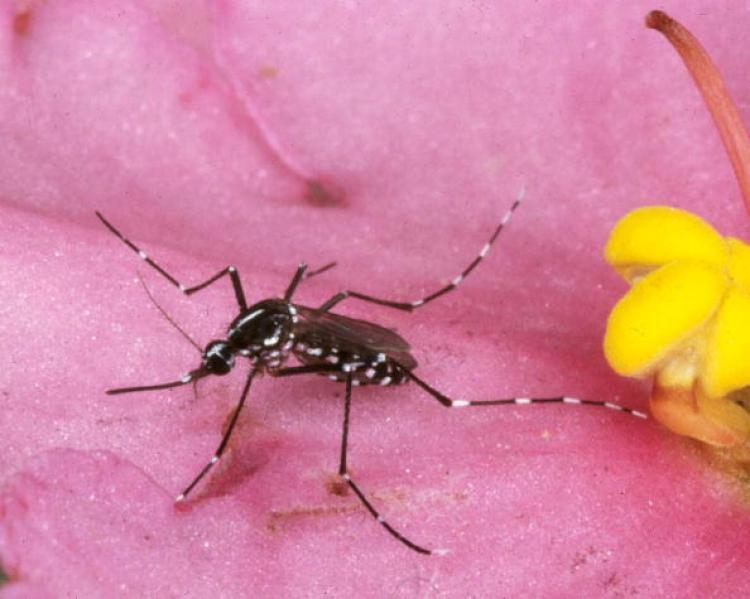Florida was the epicenter of an outbreak of malaria, the first time the tropical disease was contracted in the state in 20 years.
Six cases of “locally acquired” malaria were reported in southwest Florida in May and June, according to the Florida Department of Health (FDOH).





